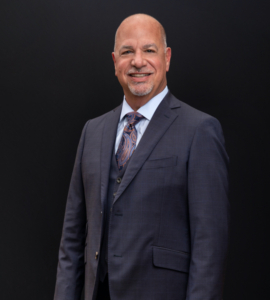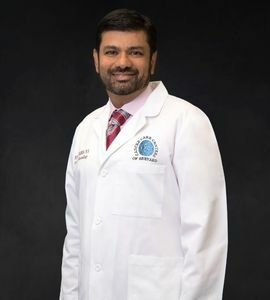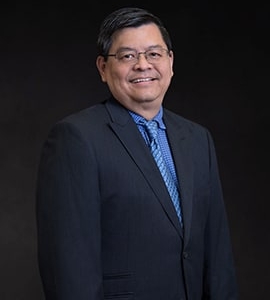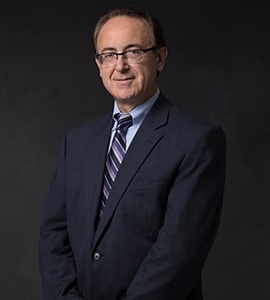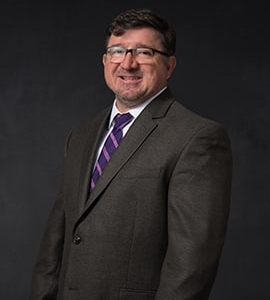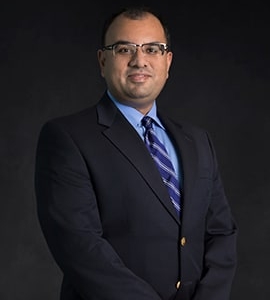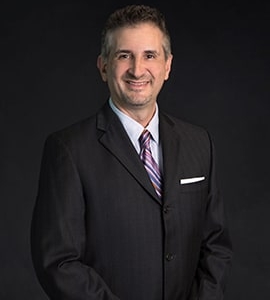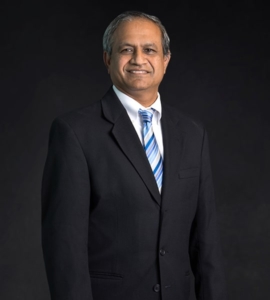Newly Diagnosed with Breast Cancer
You’ve Received a Breast Cancer Diagnosis: Now What?
After a breast cancer diagnosis, you may be wondering what’s next. There are many decisions to make and medical professionals to consult with on how to proceed with treatment, so it’s normal to be full of emotions and questions. Our goal is to help you address some of these questions head-on, so you can properly prepare for your first appointment with the team at Cancer Care Centers of Brevard. We hope this guide helps you feel more confident as you begin your cancer journey.
What Kind of Doctor Should I See For Breast Cancer?
A medical oncologist leads your breast cancer treatment plan
You will need to see a medical oncologist. This is the physician who typically leads the breast cancer treatment plan and coordinates with the other specialists to develop a personalized treatment plan.
Other physicians & clinicians who are part of the treatment planning process
In addition to your medical oncologist, your cancer care team will most likely include several other specialists, including:
Radiation oncologist
Breast cancer surgeon
Plastic surgeon, if needed, for breast reconstruction
Our infusion nurses, radiation therapists, and supportive care team also provide care, from administering treatments to helping with your mental well-being and helping you find resources in the community to assist you and your family.
As a patient of CCCB, you will have access to breast cancer specialists located in the Brevard County area. Request an appointment with an oncologist at a location near you for a consultation that includes a personalized treatment plan for breast cancer.
Understanding Breast Cancer
Each breast cancer patient at Cancer Care Centers of Brevard will receive personalized treatment options based on several different factors. Here are the important aspects of creating the best breast cancer treatment plan for you.
What Type of Breast Cancer Do I Have?
Breast cancer lumps can begin in different areas of the breast, such as the milk ducts, ductal carcinoma, or the milk-producing glands, lobular carcinoma. Inflammatory breast cancer is a rare type of breast cancer that causes the breast to look inflamed, bumpy, or puckered.
The cancer will also be assessed to see if there are hormones causing it to grow – estrogen-positive or progesterone-positive. Doctors will also look to see if there is an overgrowth of a protein called HER2, which fuels cancer growth. The most effective treatment will be based on whether one of these three is present. If not, it will be treated as triple-negative breast cancer. Read more about triple-negative breast cancer in our blog.
What Is the Extent of My Breast Cancer?
Breast cancer stage refers to the size of the tumor and whether it's spread to lymph nodes or further areas of the body. Stages are typically expressed as a number on a scale of 0 through IV, with stage 0 representing contained, non-invasive cancers and stage IV representing cancers that have spread.
Which Type of Breast Cancer Treatment Will I Receive?
There are several treatment options available for breast cancer. Factors including the type, stage of your breast cancer, and age will determine what treatment(s) your oncologist recommends. Treatment options can include surgery, radiation therapy, hormone therapy, chemotherapy, and targeted therapy. Most patients receive a few of these treatments for a fully effective plan. Clinical trials are also a possible option for the treatment depending on certain factors required by the trial. This is an opportunity to receive some of the most late-breaking breast cancer treatments.
Your team at CCCB will evaluate your individual situation and create the most effective breast cancer treatment plan.
Will I Have Surgery Before Other Treatments?
The answer to this question depends on the stage of the cancer and if other treatments are recommended before surgery to shrink the tumor size. A smaller tumor means less breast tissue needs to be removed during a lumpectomy, also called breast-sparing surgery. In some cases, radiation therapy, chemotherapy, or other treatments are recommended for a period of time prior to surgery. However, it’s not unusual to have surgery first, usually followed by radiation therapy and possibly other treatments. Talk to both your medical oncologist and breast cancer surgeon after a diagnosis to see what they recommend.
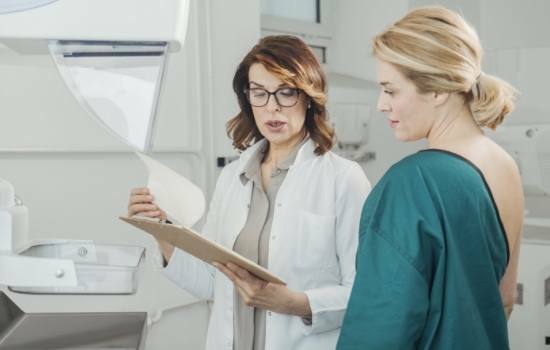
Should I Get a Second Opinion?
It’s important that you feel confident about your breast cancer diagnosis. This is why many patients choose to get a second opinion before beginning a specific treatment plan. At CCCB, our physicians provide many second opinions on both breast cancer diagnosis and treatment options. Even though second opinions are often covered by insurance, it’s still a good idea to contact your insurance provider to verify.
If you would like a second opinion, please visit our appointments page or call one of our Cancer Care Centers of Brevard office locations to request an appointment.
Preparing For Your First Oncology Appointment
At your first appointment, you’ll receive a lot of important details from your oncologist, which can be hard to remember. To stay organized, it’s a good idea to get a notebook to keep a record of important information. If a method other than paper works better for you, then commit to using it consistently. Having information written down helps keep communication open between you and your doctors.
Some questions you might want to ask your breast cancer specialist could include the following:
Is my breast cancer hormone-positive? How does this impact my treatment?
Should I change any current lifestyle choices (diet, exercise, rest, stress level)?
How often will I need to come to the cancer center for treatments?
Will surgery come before or after other treatments are given?
What can I do to prepare myself for breast cancer surgery?
Is there any suspected lymph node involvement?
What time frame do I have to make treatment decisions?
How should I prepare for breast reconstruction?
Do I have any genetic mutations that could affect other family members?
In addition to keeping a notebook, we also recommend that you come to your first appointment with a support partner, such as a relative or friend. Not only will they be there to provide emotional support, but they can also listen and help take notes on all the information you will be receiving.
You are Not Alone in Your Breast Cancer Journey
If you or a loved one has been diagnosed with a type of breast cancer and are seeking treatment in the Brevard County, Florida area, the physicians and staff at CCCB are here to support you every step of the way. We provide our patients with the latest breast cancer treatments and resources to help them understand more about what to expect during the cancer journey.
Our oncologists specialize in breast cancer care and are ready to talk to you about your diagnosis and personalized treatment options. Our breast cancer centers are located throughout Brevard County, including Melbourne, Merritt Island, and Palm Bay, Florida.
